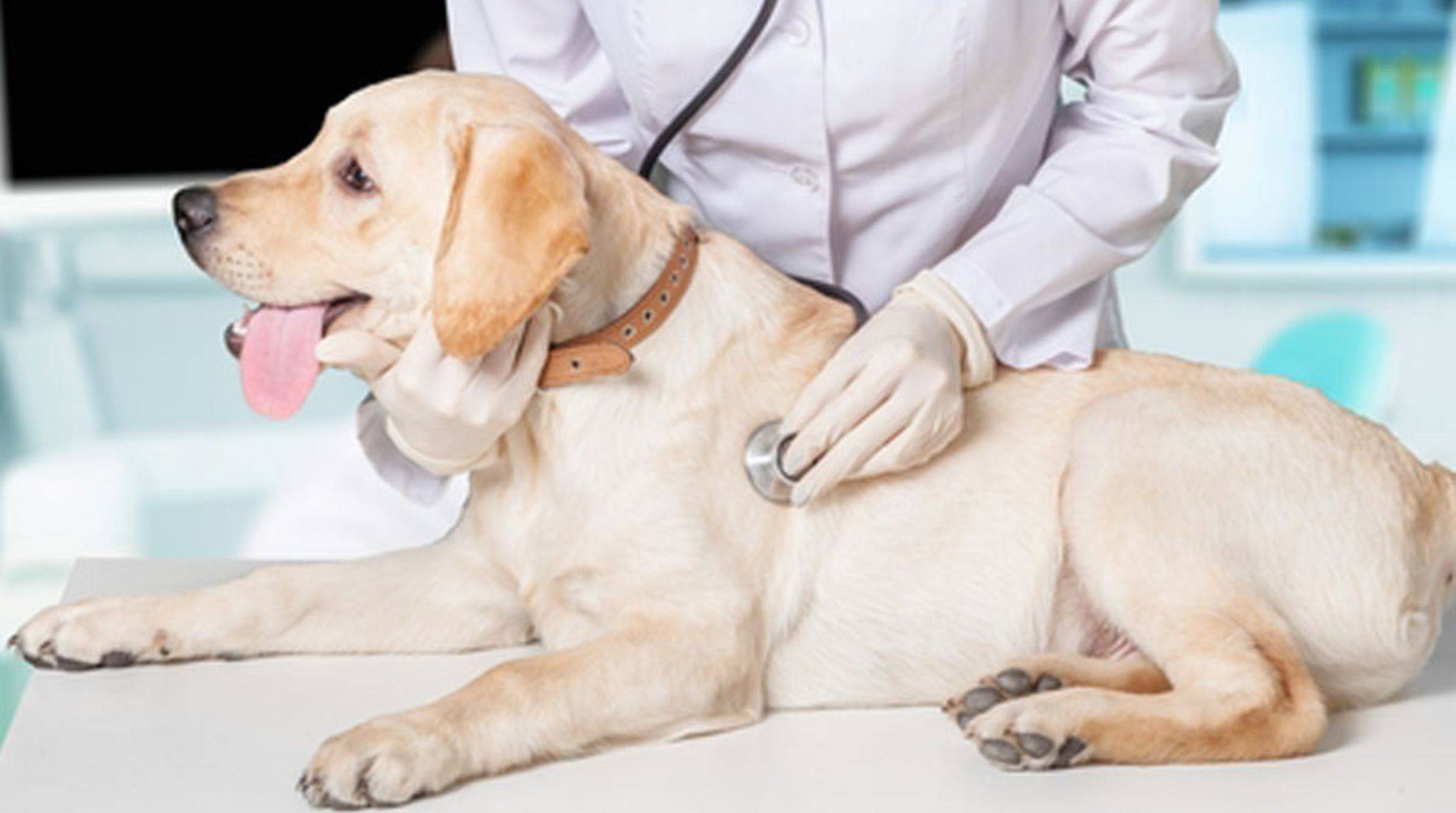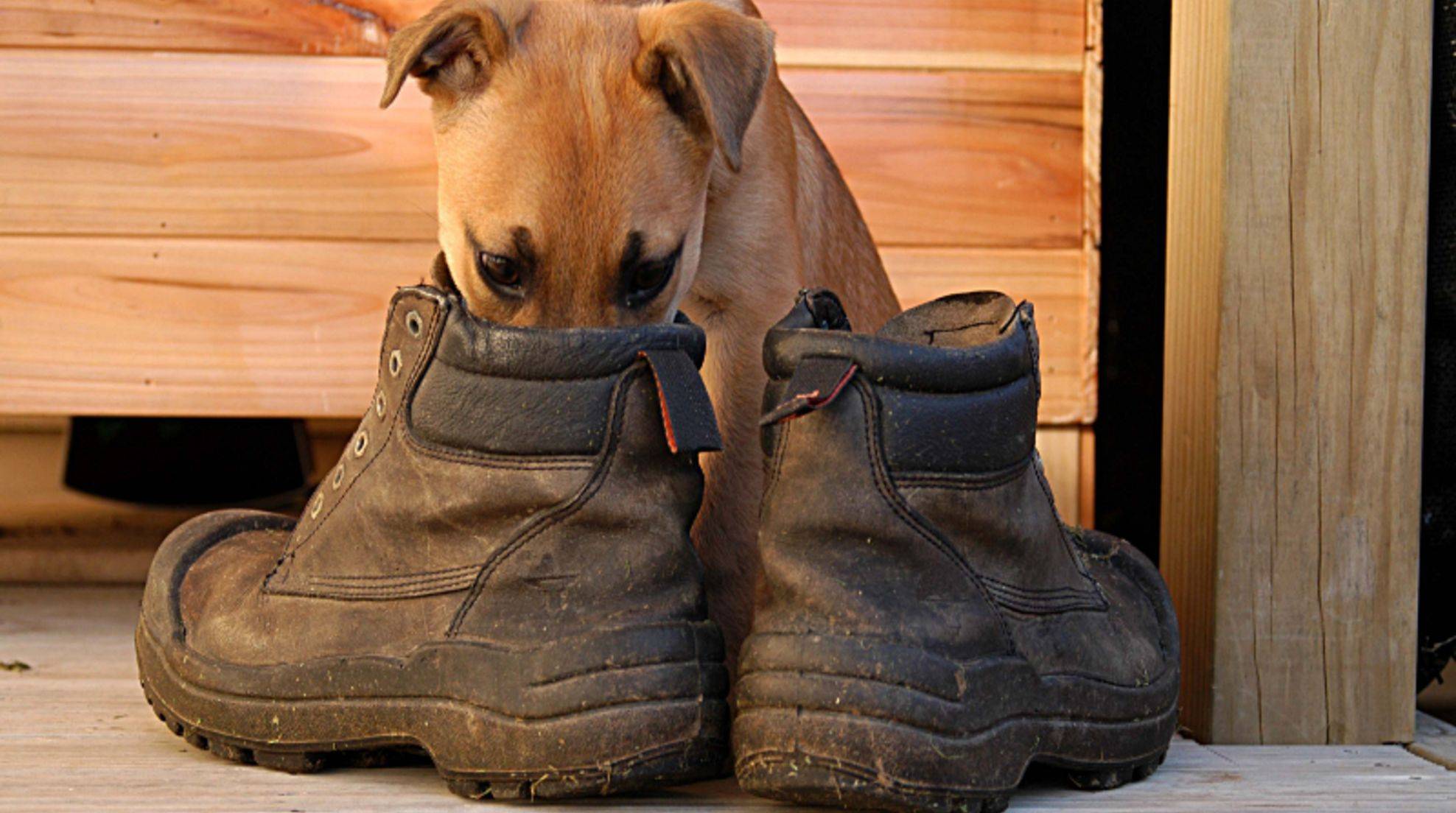Worms in dogs: symptoms and diagnosis
Worms in dogs can manifest themselves in different ways. Decisive for the type and the expression of the symptoms is how solid and advanced the worm infestation is. It is also essential to know what kind of worms are involved and how old the affected animal is. You should consult a veterinarian for a definitive diagnosis.
Worms are widespread internal parasites, also called endogenous parasites. Usually, every four-legged friend gets acquainted with the annoying troublemakers at least once in his life. The different worm species can infest other regions of the dog’s body. If you recognize the following symptoms with your dog, you should go with him to the veterinary surgeon.
Recognize worms in dogs: Symptoms
Worms in dogs are not always easy to recognize, but they are especially dangerous for young dogs, quickly becoming infected with roundworms. It would help if you became attentive with the following symptoms: The animal appears generally weakened and loses weight. The four-legged friend may show signs of illness such as vomiting, skin irritation, coughing, bloody diarrhea, or a bloated abdomen.
Itching at the anus, manifested by sliding the buttocks across the floor, is as obvious a sign of illness as is the shedding of visible and rice-grain-like tapeworm limbs. Intestinal obstruction, anemia, and inflammation are already signs of advanced worm infestation. A visit to the veterinarian is urgently required here.
Possible symptoms in the overview:
- Weakness and fatigue
- Weight loss
- Itching at the anus (anal compulsion)
- Bloody diarrhea
- Frequent vomiting
- Irritation of skin and eczema
- Bloated abdomen (often the case in puppies)
If the worm infestation is advanced, the symptoms mentioned so far can be particularly severe, and the following signs and secondary diseases can develop:
- Severe emaciation
- Intestinal obstruction
- Chronic diseases such as inflammation of the intestines
- Irregular heartbeat (the case with heartworms)
- Anemia
- Jaundice
To prevent this from happening, see your veterinarian as soon as possible, who will diagnose the condition, and then start the proper treatment for worms in your dog.
Important: Diagnosis of the veterinarian
If worms are suspected, the veterinarian will first perform a microscopic examination of the dog’s feces to define the type of worm. However, because the worm eggs of some parasite species are shed irregularly, several tests may be required to rule out a misdiagnosis. If the dog shows symptoms of worm infestation, but no eggs can be detected in its feces, a blood test is usually performed. This may also see pests such as heartworms. After careful diagnosis, the veterinarian will then determine the necessary treatment steps. In general, the sooner a worm infestation is detected, the better the prognosis for a speedy recovery of the dog.








